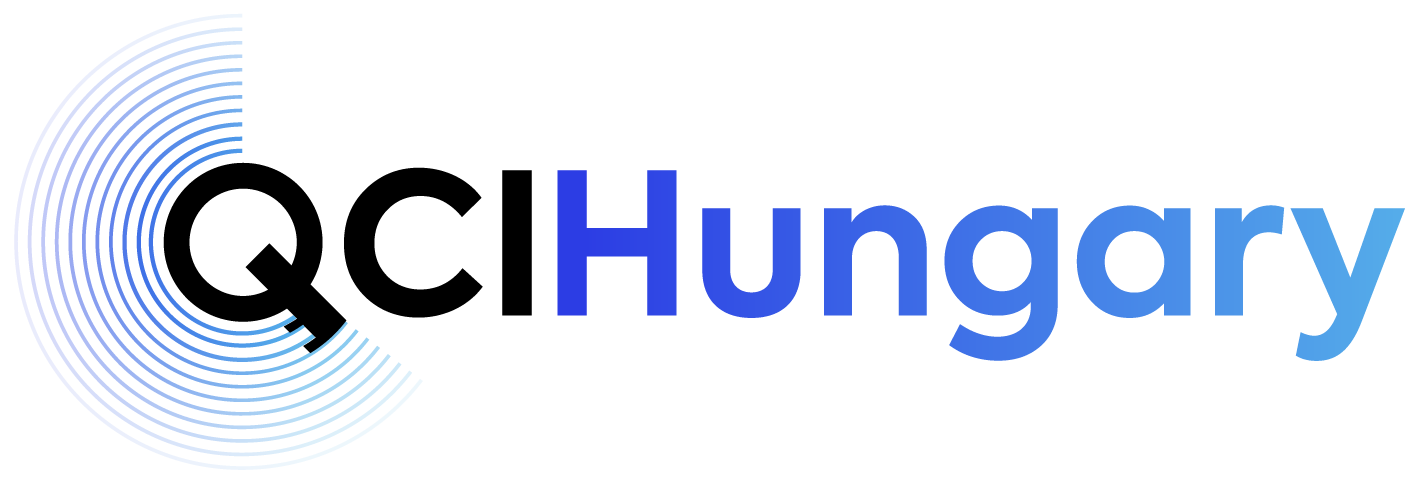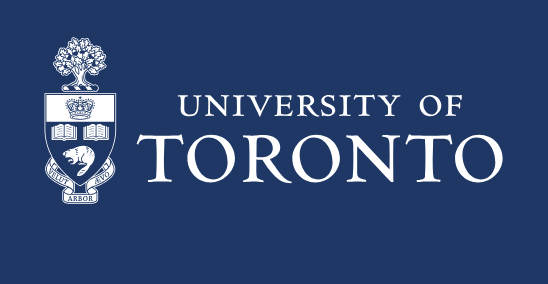New British–Canadian research initiatives are making strides toward making ultra-secure communication practical and scalable. Spearheading these efforts is Li Qian, a professor at the University of Toronto, renowned for her expertise in generating entangled and hyper-entangled photons.
Her research received support from the Natural Sciences and Engineering Research Council of Canada (NSERC) and UK Research and Innovation (UKRI). The projects focus on overcoming the challenges of transmitting quantum signals over long distances. Traditional optical networks, though highly efficient for classical communication, face significant photon loss over long distances, making quantum communication more complex. Unlike classical signals, quantum signals cannot be amplified in transit without compromising their security, posing a unique challenge for practical implementation.
To address these issues, Qian is leading multiple research collaborations. In partnership with Canadian researchers and companies, she is developing long-distance quantum communication links, with a particular focus on defence applications. Additionally, she is collaborating with the University of Bristol to adapt classical optical networking strategies for quantum networks, exploring methods to dynamically manage network traffic while maintaining quantum security.
Another significant initiative is called HyperSpace, a joint project between Canadian and European researchers aiming to utilize satellites to establish transcontinental quantum networks. By leveraging space-based quantum communication, the project seeks to extend secure communication links globally.
With these ambitious projects, researchers are working toward making quantum communication more affordable, scalable, and reliable, ensuring its adoption across industries such as finance, defence, and critical infrastructure. The collaboration between Canadian and UK institutions highlights a shared commitment to advancing secure communication technologies, paving the way for a future where quantum networks are an integral part of global communication infrastructure.
Source: https://www.utoronto.ca/news/u-t-researcher-works-advance-quantum-communication-technologies



